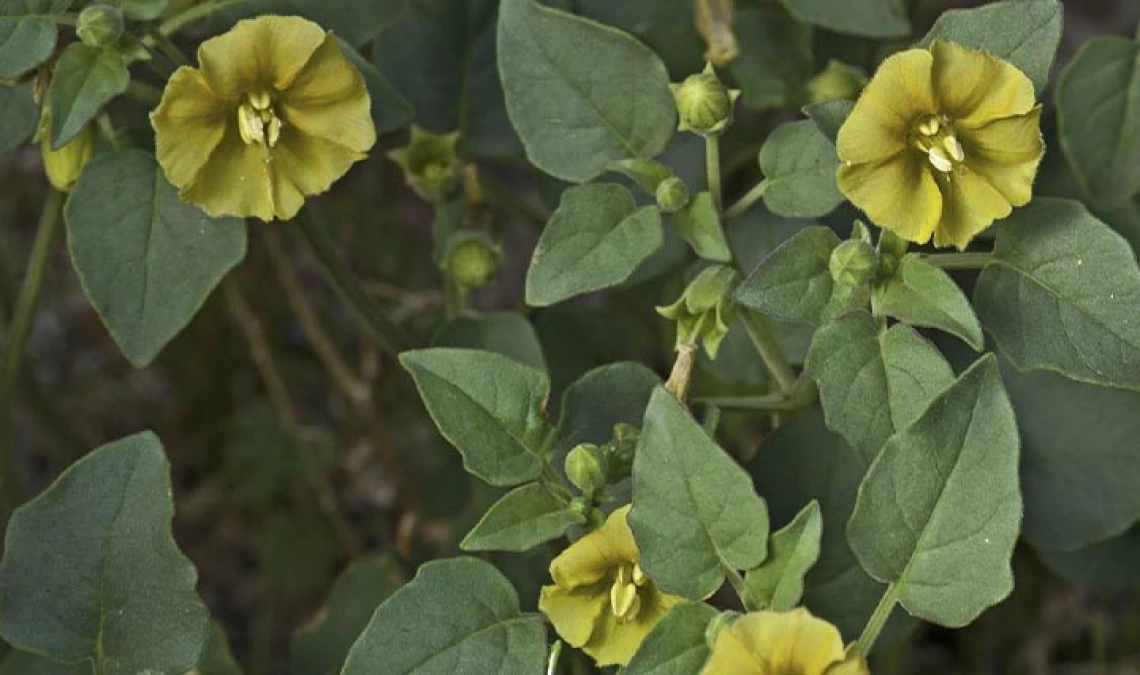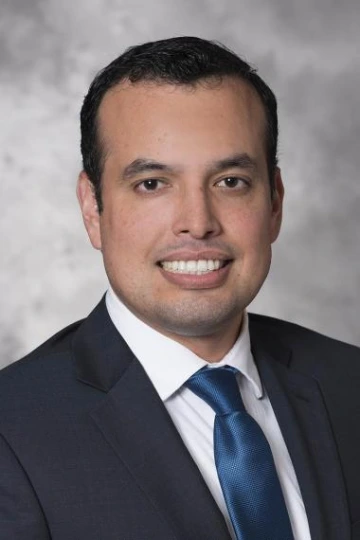Researchers Clear Early Hurdles with Urology Seed Grants
The Department of Urology awarded three seed grants to support early research that may lead to advances in treatments for patients diagnosed with urological disorders such as prostate and bladder cancer.

The first step of scientific discovery often is funded with a seed grant that allows investigators to gather enough data to pursue larger grants. The University of Arizona College of Medicine – Tucson’s Department of Urology recently awarded three seed grants to scientists hoping to see their ideas blossom.
“The department has a commitment to scientific discovery, innovation and investment in multi-disciplinary research in prostate cancer, renal cell carcinoma and bladder cancer,” said Benjamin R. Lee, MD, chair of the Department of Urology. “With these pilot studies, we hope to obtain preliminary data to support future National Institutes of Health grant submissions.”
Searching for a new class of cancer drugs

Noel Warfel, PhD, is assistant professor of cellular and molecular medicine at the College of Medicine – Tucson.
Noel Warfel, PhD, assistant professor of cellular and molecular medicine and member of the UArizona Cancer Center, is hoping to be on the ground floor of discovery for a new class of cancer drugs. Prostate cancer is fed by growth and reproduction hormones known as androgens, the most well-known of which is testosterone. Antiandrogen drugs may slow cancer progression, but prostate cancer cells can develop resistance.
“Finding androgen-independent ways to kill prostate cancer cells is an important goal,” said Dr. Warfel, who is collaborating with Leslie Gunatilaka, PhD, director of the UArizona College of Agriculture and Life Sciences’ Natural Products Center, on the project, “Defining the mechanism of LG-134, a natural product with potent activity vs. prostate cancer.” Dr. Gunatilaka is a member of the BIO5 Institute.
Dr. Warfel hopes a solution to antiandrogen resistance can be found in the flowering plant Physalis crassifolia. The perennial is commonly known as the yellow nightshade groundcherry and is native to Arizona and northern Mexico. He believes a compound in its leaves might be able to kill prostate cancer cells regardless of their resistance to antiandrogen therapy.
“A compound like this might selectively take out highly aggressive and highly resistant cells, shutting down tumor-driving proteins so the patient can live longer,” Dr. Warfel said. “We are trying to identify the tumor’s Achilles’ heel and go after that target.”
Examining genomics and prostate cancer in Mexican American men

Ron L. Heimark, PhD, is professor of surgery at the College of Medicine – Tucson.
Ron L. Heimark, PhD, professor of surgery and UArizona Cancer Center member, is investigating prostate cancer’s outsized impact on mortality rates of Mexican American men.
“Advanced tumor stage and mortality rates are significantly higher for Mexican American men than non-Hispanic white men,” Dr. Heimark said. “There are many studies on populations of European men, but we don’t know very much about prostate cancer drivers in Hispanic men.”
Mexican American men have been underrepresented in prostate cancer research. Dr. Heimark and his team will screen tumor samples to see which genes are at play in cancer progression and if they are more common among Mexican Americans. They hope this work will inform future diagnostics and more precise treatments for prostate cancer.
Dr. Heimark’s project, “The Hispanic Americans prostate cancer comprehensive genomic profiling study,” is a collaboration with Cancer Center members Juan Chipollini, MD, assistant professor of urology, Alejandro Recio Boiles, MD, assistant professor of medicine, and Ken Batai, PhD, research assistant professor of urology.
Finding a first-line therapy for bladder cancer

Juan Chipollini, MD, is assistant professor of urology at the College of Medicine – Tucson.
Dr. Chipollini will investigate treatments for nonmuscle invasive bladder cancer, a subset of the disease that hasn’t spread into the muscle forming the bladder wall.
“For decades, the standard of care has been BCG,” Dr. Chipollini said, referring to bacille Calmette-Guerin, a tuberculosis vaccine that is effective against bladder cancer. “Since 2018, there has been a severe shortage of BCG, and I don’t see the shortage getting better. This is a crisis.”
In response, Dr. Chipollini is hoping to learn if gemcitabine can be used as a first-line therapy if BCG is unavailable. Gemcitabine is a chemotherapy drug that is used to treat bladder cancer if BCG has failed.
Dr. Chipollini’s project is titled “Phase II trial of intravesical gemcitabine in patients with nonmuscle invasive bladder cancer with or without prior Bacillus Calmette-Guérin therapy.”
“It is a worthwhile endeavor to launch these initial seed grants, and we’re excited to see the results,” said Dr. Lee, who is a member of the UArizona Cancer Center. “Our hopes for future research in urologic oncology rest on advances in the discipline of urology.”
All projects are funded by the Department of Urology Seed Grants and by the George W. Drach, MD, Endowment.






